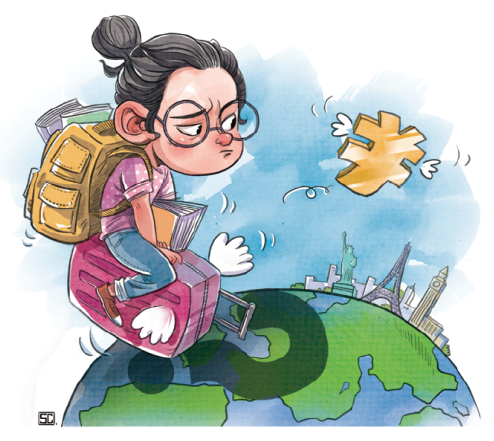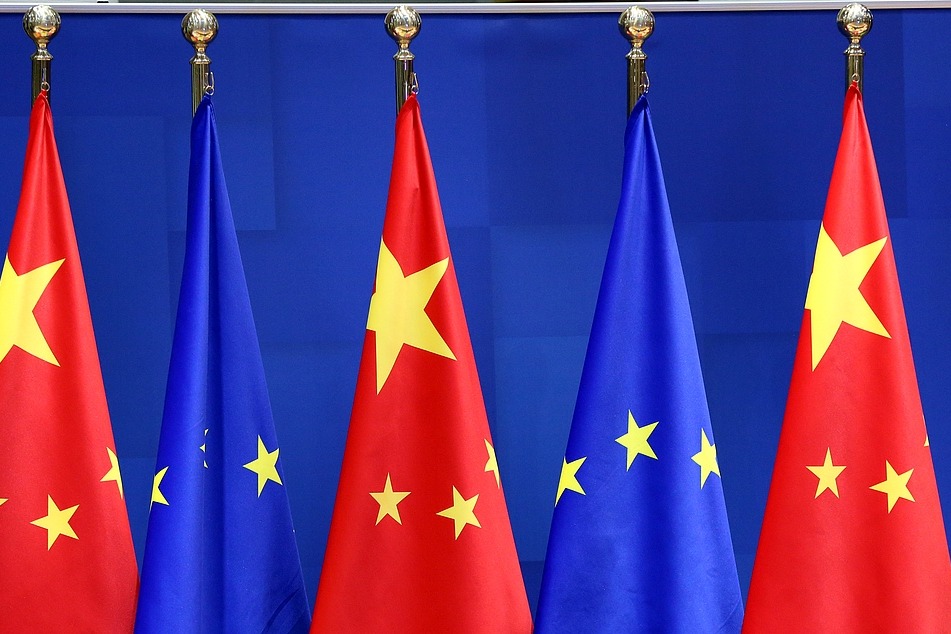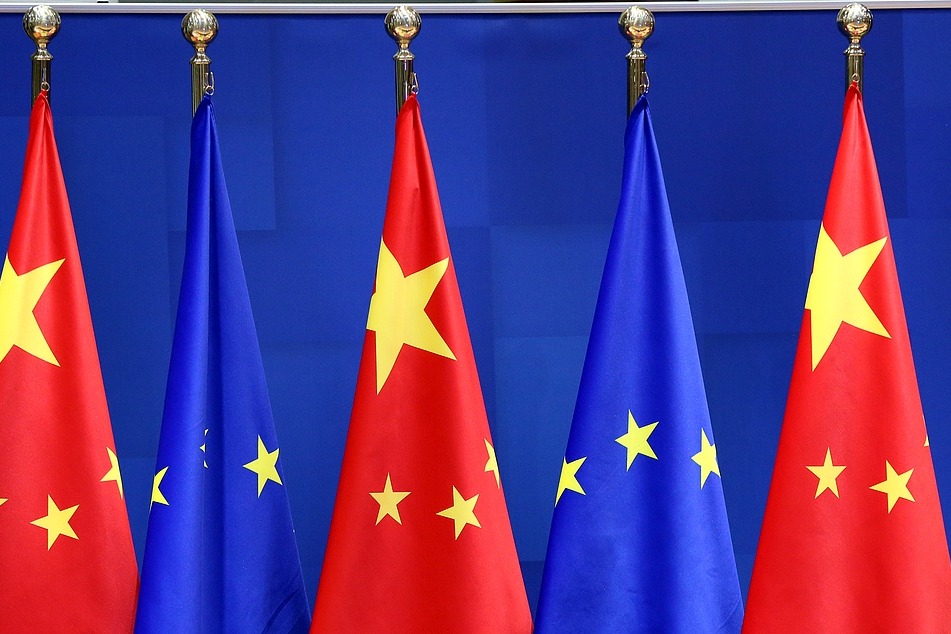Have overseas degrees lost their value?

 |
| SONG CHEN/CHINA DAILY |
Editor's Note: During the past few decades, the social opinion on overseas education has changed. News reports about youths returning after studying abroad, which costs hundreds of thousands of dollars, but ending up with low-paying jobs have made people wonder whether it's still worth sending their children overseas for education. Two education experts share their views on the issue with China Daily's Wu Zheyu.
Unfair to label overseas diplomas 'worthless'
As a young teacher working in a Chinese college after earning a college degree in the United States, I have to say that it's neither fair nor respectful to label an overseas college degree "meaningless". Social attitude toward overseas returned students has changed from widespread appreciation to bias. This calls for employers to analyze different cases differently.
That more and more Chinese students have easier access to overseas education than before does not necessarily mean overseas degrees have become worthless. Take, for example, majors such as journalism, finance and engineering, are actually "imported goods". They did not exist in China, let alone the other majors in overseas universities that still have the best rankings around the world. So there's no ground for questioning the quality of education Chinese students receive abroad. Take the major of business journalism I teach at the University of International Business and Economics. This major in Arizona State University ranks 1st in the US, and I believe people in China have barely heard the name of this university.
Employers should not seek only candidates with Ivy League college degrees, but they should not be deceived by degrees from some mysterious universities overseas either. That is to say, they should not go to extremes.
It's good to see students becoming increasingly competitive thanks to their diversified academic backgrounds. Now it's time for employers to evolve, to have the ability to differentiate between good and bad, in order to formulate a basic cognitive system to evaluate the quality of candidates who have studied abroad, as they cannot be identified as key universities like China. This will allow employers to comprehensively evaluate the candidates' educational qualifications and personal abilities.
Qian Jingjing, director of the Center for International Business Journalism, University of International Business and Economics
Overseas returned talents still rare
News about youths returning after earning a college degree and working for a few years abroad landing a job in China for a monthly salary of only 7,000 yuan ($1,089), much less than his or her pay overseas, prompts some people to believe overseas college degrees have lost their value.
In the 1980s, the students who got government funding to study abroad were selected from hundreds of thousands of candidates. In the 1990s, the number of self-funded students increased, but most of them usually obtained their bachelor's degree from a top Chinese university such as Tsinghua University or Peking University and then proceeded overseas for higher studies. Still, only 20,000 to 30,000 Chinese students went overseas for studies, and they were good enough to find a job to their liking. In fact, to bring back such students, the government formulated many preferential policies.
Now anyone whose parents can afford to pay can get admitted to a college overseas. And in their blind race to get an overseas college degree, students even enroll in almost unknown or unrecognized colleges. However, of the about 544,500 Chinese students studying abroad in 2016-an overwhelming 498,200 of them self-funded-only 390,000 returned to China. And most of them were undergraduate or junior college students, with only 5 percent being PhD candidates. This shows talents with cutting-edge skills rarely return and are still precious "commodity".
According to a rough estimate, given the current situation of the job market, a person with three years' work experience will usually receive higher pay and better treatment than one holding a master's degree. So operational capability and work experience are the two key factors that really matter in the long run, while a college degree is just a key to open the door to your career.
Chen Zhiwen, editor-in-chief of China Education Online


































